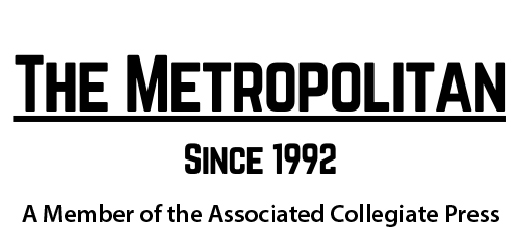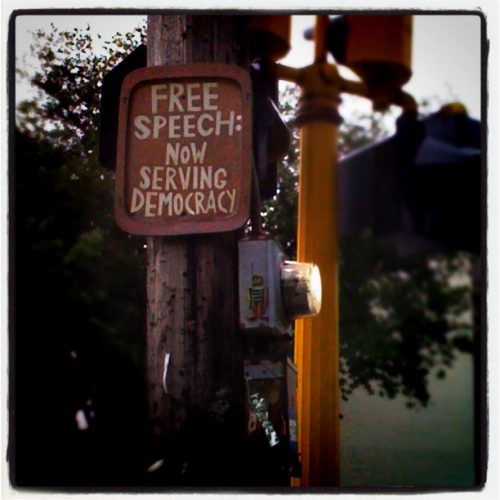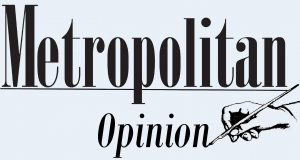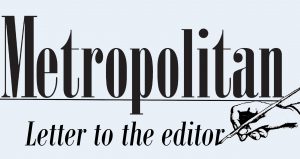Jonathan Hiatt
Jonathan Hiatt is a guest writer and currently enrolled at Metropolitan State University.
I read with interest Mitesh Rai’s opinion piece (“Charlottesville on my mind”) in the September 2017 issue of The Metropolitan. I agree with Rai that the events in Charlottesville on August 11 – 12 were tragic and represented a significant step backward as a nation.
Our college campus should foster a culture of respect. I’m proud to be a student at a university that values diversity and has codified those values in its mission and policies.
However, I wonder if Rai and many college students and even administrators fail to consider something: aren’t we backpedaling on our commitment to free speech when we demand a “safe space” to espouse our views? Whether we hold popular or unpopular views, why should we think we can share them without repercussions?
The freedom of “free speech” is never without consequences. That is true for both the white supremacist and those who disagree with him. One will always face the possibility that his or her speech may be met with agreement, disagreement, scorn, derision or, at worst, violence. Safe spaces are an attempt to circumvent this reality. One must deal with the potential outcomes that result from his or her speech.
Originally instituted by colleges and universities during the Vietnam War, the stated purpose of free speech zones is to protect the safety of those attending a protest. But as we saw at the 2004 Democratic National Convention in Boston during the Bush administration, and later under Obama and now Trump, many protesters have been placed in what amounts to a “free speech cage.” It completely cuts them off from communication and access to mass media. Out of sight, out of mind. I don’t want that to happen at Metro State.
I agree with Frederick Siebert, author of “Four Theories of the Press.” He wrote: “Let all with something to say be free to express themselves. The true and sound will survive. The false and unsound will be vanquished. Government should keep out of the battle and not weigh the odds in favor of one side or the other.”
When we speak of a “marketplace of ideas,” we are giving a rationale for freedom of expression analogous to the economic concept of the free market. Just as we can sort reliable commercial products such as cars from the unreliable ones, so too it is with ideas. Eventually word gets around (literally!) about inferior ideas. They are unlikely to gain widespread acceptance.
However, we do not practice laissez-faire capitalism. We do not have a completely free market for cars or widgets. The same is true of ideas.
Not all speech is protected speech. The following forms of speech are not protected: defamation, “fighting words,” incitement to take lawless action, child pornography, among others. But our system of jurisprudence errs on the side of the marketplace of ideas. The Supreme Court enshrined this in our public policy in their decision in Brandenburg v. Ohio (1969).
Perhaps the best response to unpopular speech, then, is to allow challenging conversations whenever and wherever possible— including here at Metro State. The truth will emerge. There exists strength in numbers. Cooler heads will prevail.



